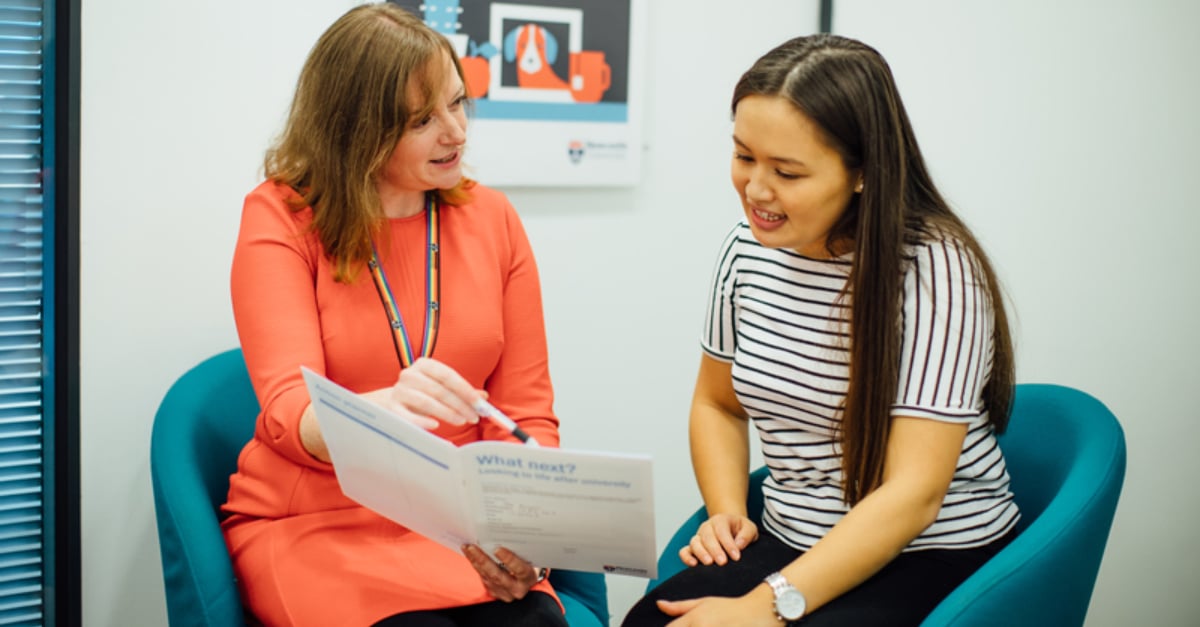
While studying at university, many people look into student work placements to give them real-world experience, on top of the skills and knowledge they learn during a degree.
Read on to find out more about what a placement year involves, and if a placement year is right for you.
Contents:
-
What is a placement year?
-
What is the difference between a student work placement and an internship?
-
What kinds of work placements are available?
-
Can I choose my own work placement?
-
Where can I find work placements for students?
-
What can I do to make the most of university work placements?
What is a placement year?
A placement year involves spending 9-12 months in a professional workplace and increases the duration of your undergraduate degree by a year.
Work placements give you a chance to learn valuable skills and build up your CV with real-world experience. Many students even use work placements to make professional connections and lay the groundwork for their future careers.
Your placement doesn't need to be directly related to your degree, but it should be useful, and help you develop transferable skills such as teamwork, communication skills, critical thinking etc.
During your placement year you will still be a registered student and you'll complete a module to reflect on the skills you have learned. After finishing the module, you will go back to University to complete your studies. Most placements are paid, although there are some exceptions.
What is the difference between a student work placement and an internship?
Student work placement just means some form of work experience.
Short-term, extracurricular jobs that take place during term-time and over the summer break are known as internships.
What kinds of work placements are available?
There are plenty of work placements available. Our students have taken up placements with organisations such as Mercedes HPP, Disney, Microsoft, Northumbrian Water, L’Oreal and GSK. Smaller, local organisations also offer great placement opportunities.
Lots of work placements are not actually advertised, and many of our students are able to find their own opportunities by making speculative applications.

Can I choose my own work placement?
Your placement could be managed by your School or the Careers Service, but you'll be supported to find, apply and secure the right placement for your career dreams. Support could include help with your CV, application forms and interview practice.
We also host a range of employer events and recruitment fairs that may help you find a placement.
Where can I find work placements for students?
There are lots of work placement opportunities for students available across a range of sectors and working styles. The below links are just a few of the places where you will find openings:Remember, you will likely have to apply for lots of placements. In fact, very few students get the first one they apply for. Motivation and persistence are key!
What can I do to make the most of university work placements?
When searching for a placement, be open-minded. Doing a placement is a fantastic way to try something new and work out what you want (or don’t want) from your future career.
While on placement, be adaptable. Say 'yes' to as many opportunities as you can. Take advantage of the support network provided within the workplace. Talk to your colleagues, and learn as much as you can about the organisation – it could really benefit you in the future.

We've been voted top in the UK for student life in the WhatUni Student Choice Awards 2025 - trusted recognition from real students.
